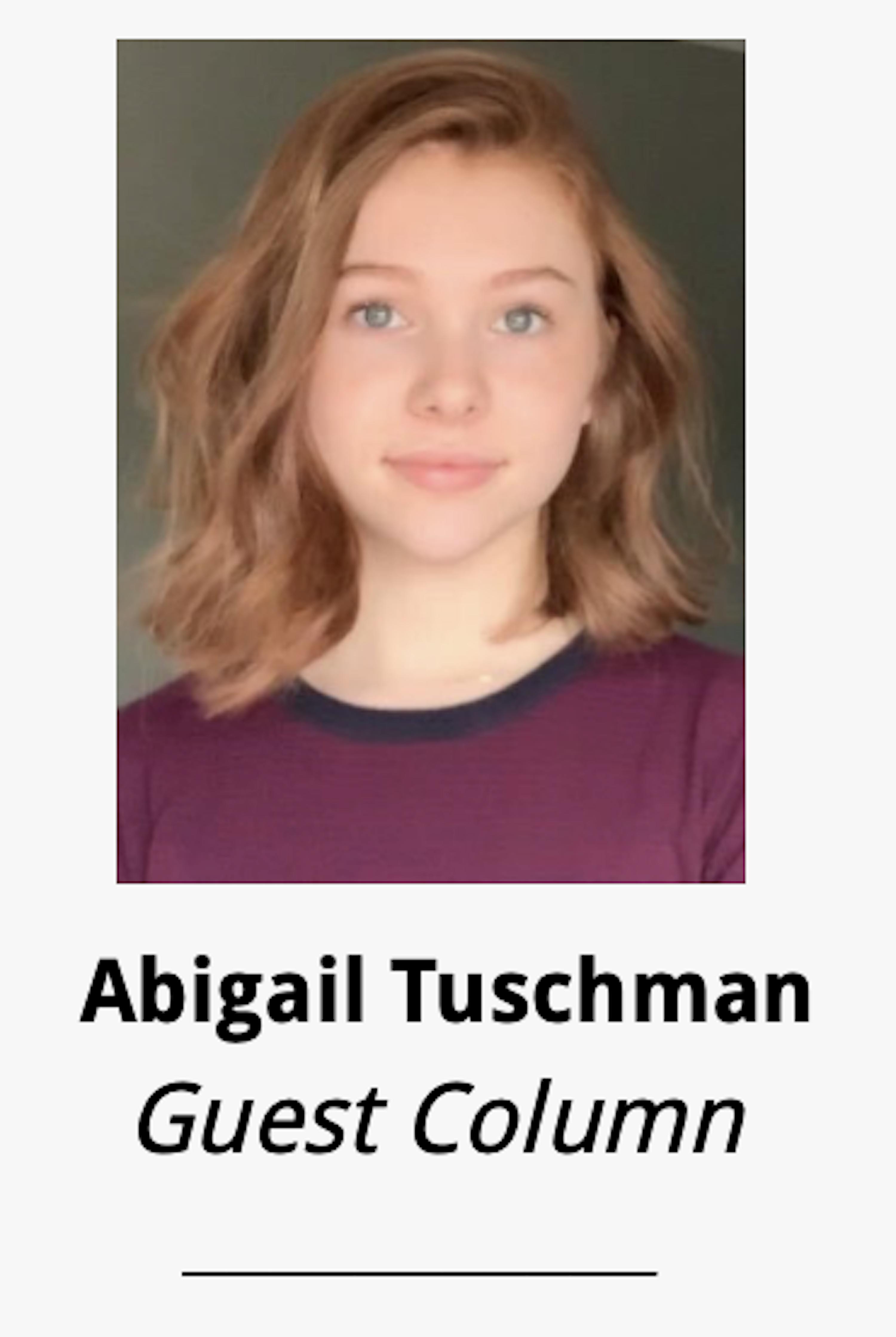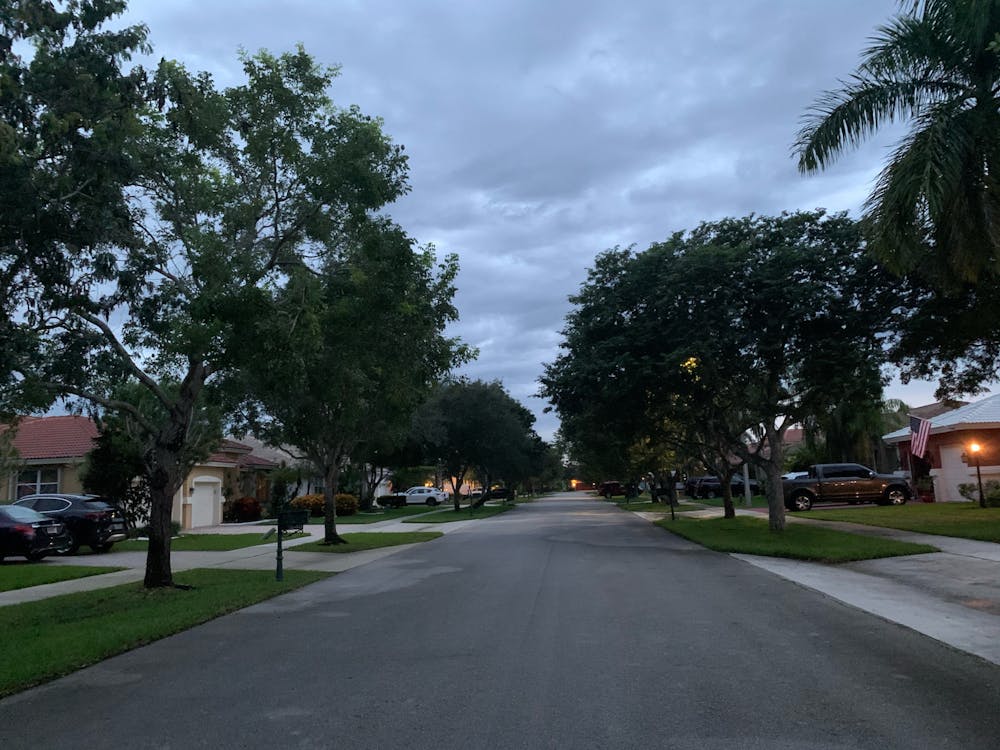
On the afternoon of March 13, I got my admissions decision from Hopkins. I opened it in my car, parked in the mostly deserted senior parking lot of my high school. Some track athletes were talking a little ways off. When I read “You’ve been admitted,” I hoped they couldn’t hear the screams coming from inside my Mazda. I double- and triple-checked my portal, and when I was partly convinced my acceptance wasn’t a mistake, I drove home floating.
A couple hours later, the superintendent of my school district announced that public school instruction would be moving online due to the pandemic. In a single afternoon, one chapter of my life came to a rapid close, and the next looked deceptively near. But I’m still waiting for it to begin.
Part of the appeal of attending an out-of-state university was that I could leave my bubble. I’ve lived in the same small suburb of South Florida since the day I was brought home from the hospital. Every minor landmark holds memories — the Publix where I got free cookies, the sidewalks where I scraped my knees and elbows, the synagogue where I went to preschool.
I was comfortable in my corner of the world, but not content. I wanted to meet people that didn’t all grow up within the same 10-mile radius. I wanted to live in an unfamiliar city and spend years getting to know it. While I counted the days to graduation, I memorized the times that streetlights turned from red to green. I counted the number of iguanas on the side of the road. Every day of high school, I had the same conversations with the same people, and I clung to the idea that one day I would be able to leave.
The other day, I was driving on one of the main roads of my town on my way to Walgreens. My mind drifted off — to assignment deadlines, local elections and who knows what else — and I entered autopilot mode. I didn’t realize I had missed the turn for the drugstore until I was halfway to my high school. While I had thought I was preoccupied with homework and politics, my subconscious was taking me to the teachers and friends I never gave a proper goodbye. I know zoning out behind the wheel is a common occurrence but, as I rolled my eyes at myself and made a U-turn, I felt that small mistake was indicative of the larger limbo I’ve been living in.
Since that announcement my superintendent made six months ago, I have been trying to brush aside any feelings that this year has wronged me. When I knew I would never return to my high school, I told myself that I was sick of it anyway. When my graduation ceremony was a glorified PowerPoint livestream, I laughed that at least I could watch it in my pajamas. And even when the University announced that the fall semester would be completely remote, I reasoned that it was for the best.
I have tried to be mindful of all the ways that other people have it worse: evictions, unemployment, hospital stays and losing loved ones. This year from hell has left me comparatively unscathed. But in trying to roll with the punches, I ignored my feelings of anger, hurt and confusion. I avoided thinking about my lack of closure and the derailment of my grand plan for getting out of here. I pushed it all down and let it fester below a facade of nonchalance.
I had plans to leave this town, and I had plans for how I would do it. I would give a letter to every teacher that had an impact on me. I would promise my parents I’d be home for Thanksgiving. My friends and I would go to Disney World the summer before we all went our separate ways. Now, most of us are still here. But we don’t talk much anymore because what is there to say? We all attend different colleges on our laptops and try to pretend that things will soon be the way they were supposed to be. We see the headlines that our state has surpassed 700,000 cases, that our governor is moving us into Phase Three, and we have hope regardless.
We are neither here nor there. We are between chapters and between worlds, trying to make sense of where the pandemic left us.





